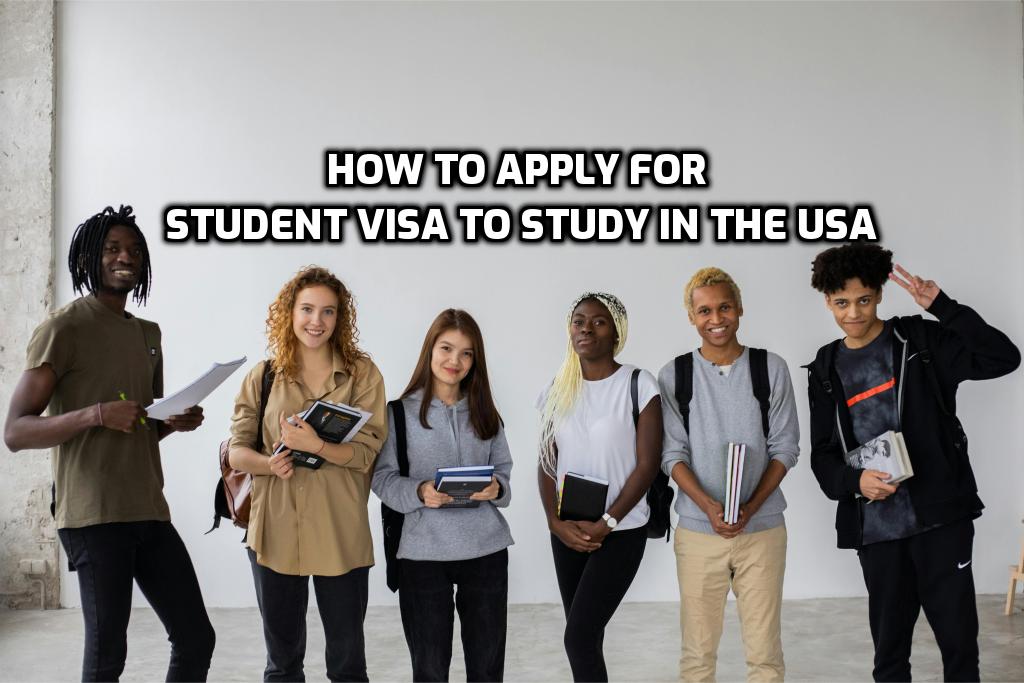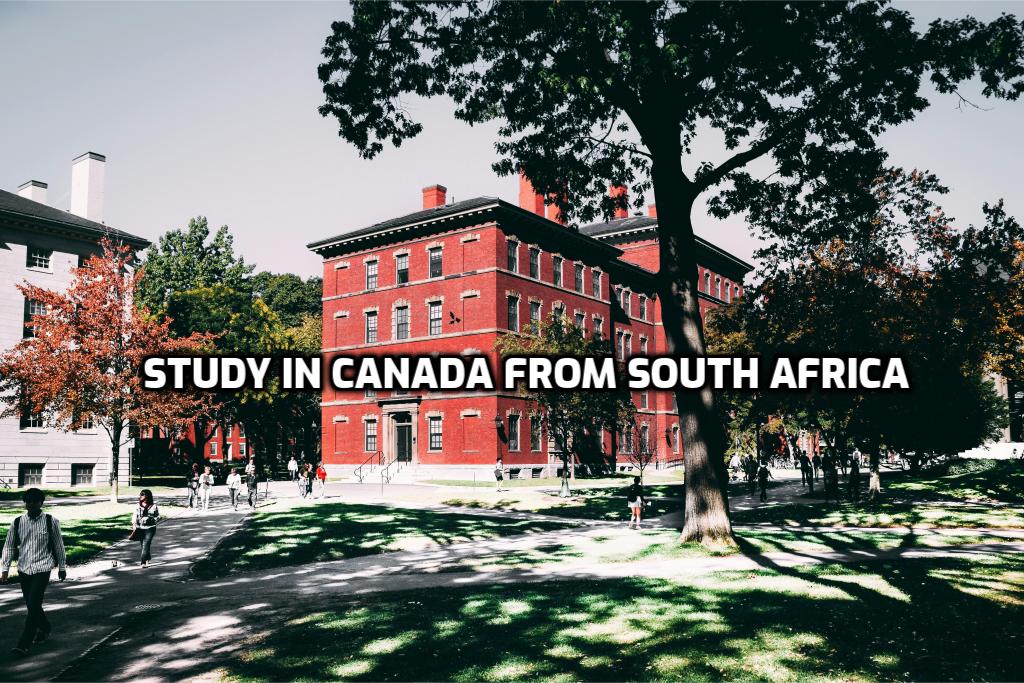Studying in the UK gives you access to top universities, respected qualifications, and a chance to work while you learn. If you want to apply, this guide walks you through every step, from choosing a university to booking your flight. Follow each section carefully to make sure you’re ready to start your degree in the UK.
Studying in the UK as International Student
UK degrees are recognized worldwide. You’ll be studying in a country known for academic excellence, with universities like Oxford, Cambridge, and over 100 more offering top-tier education. Undergraduate degrees take just three years, and most postgraduate degrees are completed in one year. The UK also allows students to work part-time and gives you a chance to stay and work after graduation through the Graduate Route visa.
Choose a University with High Acceptance Rates
Not all UK universities are hard to get into. Many welcome international students with open arms, provide one-on-one support, and process applications quickly. Focus on schools with high acceptance rates and dedicated international teams. These universities also offer scholarships, housing assistance, and advice on visa applications. You can apply directly through their websites or through UCAS, the UK’s centralized application platform.
Prepare Your Application Documents
To avoid delays or rejection, prepare all your documents before applying. Each university may have slightly different requirements, but in general, you’ll need:
- Academic transcripts or school certificates
- A strong personal statement or motivation letter
- Proof of English language proficiency (IELTS, TOEFL, or equivalent)
- One or two academic reference letters
- A valid passport
Make sure all documents are scanned clearly. If any are not in English, get them officially translated.
Submit Your Application
There are two ways to apply: directly on the university’s website or through UCAS. Most international students prefer direct applications because they’re faster and easier to track. However, UCAS is ideal if you’re applying to multiple universities at once.
When submitting your application, double-check every field. Errors or missing documents can lead to delays. Some universities charge an application fee, usually between £20 and £30. After you apply, you’ll receive a response within a few weeks.
Get Your CAS Letter
Once accepted, the university will send you a CAS (Confirmation of Acceptance for Studies) letter. You need this to apply for a UK student visa. The CAS includes your course details, fees, and your unique CAS number. Keep it safe—you’ll need it during your visa application.
Apply for a UK Student Visa
You can now apply for a Student Visa (formerly Tier 4). Start your visa application early to avoid processing delays. You’ll need:
- CAS number from your university
- Proof of funds (tuition fees + £1,334 per month for living costs outside London or £1,652 in London)
- Valid passport
- Proof of English proficiency
- Tuberculosis test results (required for some countries)
You must apply online through the UK Government Visa website. Pay the visa fee (around £490) and the Immigration Health Surcharge. Then book your biometric appointment at a local visa application center.
Book Student Accommodation
Once your visa is approved, book your accommodation. Most universities offer on-campus housing, which is safer and more convenient for international students. Alternatively, you can look for private student housing or shared apartments near your university.
Compare prices, read reviews, and make sure the location is close to public transport and essential services. Some popular platforms include UniAcco, Student.com, and Amber.
Book Your Flight to the UK
Book your flight early to get better rates. Choose an arrival date that gives you at least one week before your classes begin. This gives you enough time to attend orientation, settle into housing, and complete university registration.
Keep all important documents in your hand luggage, including your passport, visa, CAS letter, flight ticket, and accommodation confirmation.
Register with the University
Upon arrival, visit your university’s international office or welcome center. Register as a student, collect your student ID, and attend your orientation. You’ll also be asked to submit your passport and visa for verification.
This is also a good time to open a UK bank account, get a local SIM card, and explore the campus. Most universities offer welcome events to help international students settle in.
Can You Work While Studying?
Yes. As an international student, you’re allowed to work up to 20 hours per week during term time and full-time during university holidays. You can find part-time jobs on campus or in nearby towns. Common jobs include working in restaurants, retail shops, or university libraries.
Working helps you earn extra income and gain valuable experience. Just make sure your job doesn’t affect your academic performance.
Stay in the UK After Graduation
After completing your degree, you can apply for the UK Graduate Route visa. This allows you to stay in the UK for two years (or three years if you completed a PhD) and work in any field without needing a job sponsor. You can use this time to gain experience, save money, and even transition to a long-term work visa if you find a qualified employer.
The basic requirements for studying in the UK include a valid passport, proof of sufficient funds, proof of English language proficiency (IELTS/TOEFL), academic transcripts, and reference letters. Some courses may also have specific entry requirements.
You will need to show that you have enough funds to cover your tuition fees, living costs, and other expenses. This includes tuition fees and £1,334 per month (outside London) or £1,652 per month (in London) for living costs.
Many universities offer scholarships for international students. Check the scholarship pages of the universities you’re applying to and use scholarship search websites to find opportunities that match your academic profile.
Yes, international students are allowed to work up to 20 hours per week during term time and full-time during breaks. However, ensure that your job does not interfere with your studies.
The Graduate Route visa allows international students who have completed a degree in the UK to stay and work in the country for up to two years (three years for PhD graduates). You don’t need a job offer to apply for this visa.
Top UK universities for international students include the University of Oxford, University of Cambridge, Imperial College London, London School of Economics, and University College London (UCL). These universities offer strong support systems for international students.
Accommodation options for students in the UK include university-owned halls of residence, private student accommodation, or renting private flats. It’s recommended to apply for university accommodation early, as places fill up fast.
Essential items include your passport, visa, CAS letter, university acceptance letter, health insurance details, and enough clothing for the UK’s climate. You can also bring electronics, but check the voltage compatibility with UK outlets.
Yes, you can extend your student visa if you are enrolled in a new course or continuing your studies. Apply for a visa extension before your current visa expires, and make sure you meet all requirements for the new course.
After graduation, you can apply for a Graduate Route visa to stay in the UK for up to two years. Use university career services, networking events, and job boards to find employment opportunities. Ensure your job is relevant to your field of study for the most successful transition.




